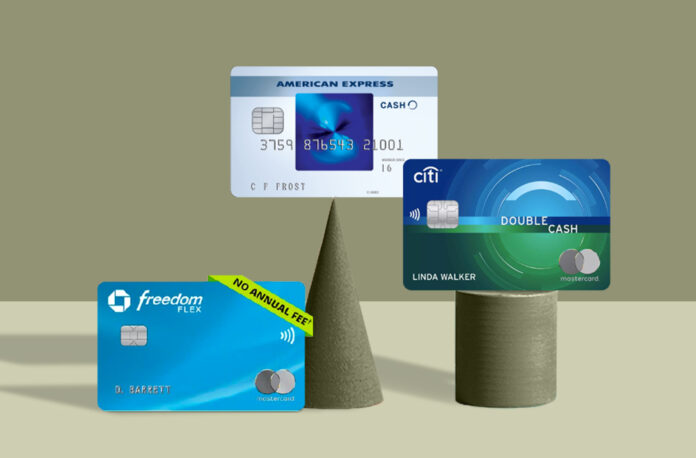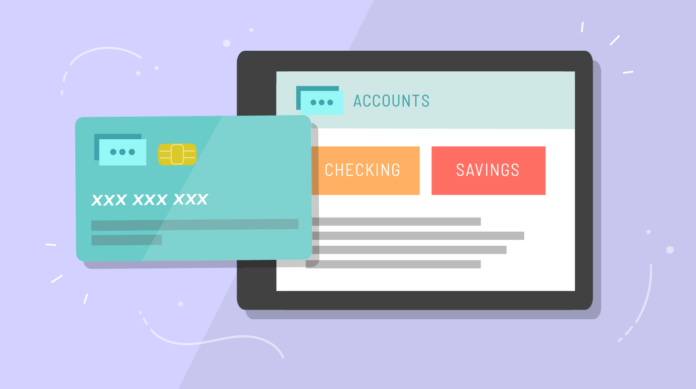Any business owner must open a business bank account. However, it can be difficult to locate one without a minimum balance requirement. Fortunately, we did the homework and have put together a list of the top business checking accounts without a minimum balance requirement.
When launching a business, there are several things to consider. Which bank you should choose for your business account is one of the important questions. If any business bank accounts don’t demand a minimum balance, you might be interested in finding out. There are several business bank accounts available without a minimum balance requirement and best credit card no fees on trustbank.sg. For small firms or those that are just getting started, this can be a fantastic alternative.
Best Credit Card No Fees

There are many credit cards available that have annual fees, but there are also many excellent choices that have no fees at all. Here are some of the top choices if you’re seeking the finest credit card with no fees. You’ve come to the correct place if you’re looking for a credit card with no annual fee. To help you choose the credit card that’s ideal for you, we’ve put together a list of the top no-annual-fee credit cards. They can make purchases using credit cards, which are practical financial tools that eliminate the need to carry cash.
The best credit card no fees option is excellent since it has no annual charge. Sometimes, international transaction fees are eliminated as well, and it gives cash back on all purchases. In addition, purchases and balance transfers made within the first 14 months are interest-free. Additionally, some banks offer fantastic rewards programs with quarterly rotating categories at 5% cash back and 1% cash back.
Which Banks Do Not Demand A Minimum Balance?
A few banks don’t need a minimum balance, which is advantageous if you’re attempting to minimize expenses. But there are frequently compromises made, including having fewer features or paying higher borrowing rates. Find the best account for you by doing your homework. Many people are not aware that there are banks without a minimum balance requirement. Those who don’t have a lot of money to put into savings accounts or who might find it challenging to keep a minimum balance can benefit from this. A wonderful alternative for folks looking for an inexpensive method to the bank is to choose one of the few banks that do not have a minimum balance requirement.
Which Account Has A Minimum Balance Requirement?
There are many different things to think about when managing your finances. Which of the accounts has a minimum balance requirement is a crucial inquiry to make. There are numerous various account types, and each one has its own set of guidelines. It’s critical to be knowledgeable about these requirements so that you may choose the one that will work best for your financial position. Depending on the account and the institution, different minimum balances may be required. The ability to generate interest on some accounts may need a minimum amount, while others may have a minimum balance requirement to avoid monthly fees.
Checking Accounts

Here are some key factors to keep in mind:
Transaction Type
Some banks offer better deals for specific types of transactions, like online banking or debit card purchases. It’s important to ask about these features before making a decision.
Account Size
Some businesses need more space to balance their checkbooks, while others may only need an account with low-balance fees. It’s worth doing some research to find out what’s best for your company.
Interest Rate and Fees

A high interest rate can help offset the costs of using a bank, such as monthly fees. However, make sure you understand how those rates are affected by fees associated with the account.
There are several types of bank accounts that business owners can open to facilitate their transactions. A business account typically offers a lower interest rate and more features than personal bank accounts, such as the ability to write checks and make deposits quickly.
Businesses can open an account with a local bank or a national bank. Local banks tend to have stronger relationships with businesses in their area, which can make it easier for the business to get loans and other financial products. National banks offer a wider range of services and may be better suited for businesses that want to access products not available at local banks.
Some businesses opt for an account with a credit union instead of a commercial bank. Credit unions are generally oriented toward small businesses, offer competitive rates on loans, and often have more customer service options than commercial banks.
How to Open a Bank Account for Your Business

Opening a bank account for your business can be a great way to track your transactions and keep records of your financial progress. There are many different banks available, so it’s important to choose the right one for your business. Here are some tips for choosing the best bank for your business:
- research the different banks in your area
- ask friends or family which banks they use and recommend
- compare rates and features offered by each bank
- consider what services are available with each bank, such as online banking, bill paying, and loans
When opening a bank account for your business, make sure to complete all the necessary paperwork and have accurate information handy. It’s also important to set up automatic payments so you don’t have to remember to make payments on time.
Setting Up Automatic Withdrawals from Your Bank Account
This will allow you to easily keep track of your transactions and balance. There are a few different ways to set up automatic withdrawals, so be sure to consult with your bank or financial institution to find the best option for you.
Some banks offer autopayment options that let you automatically withdraw money from your account based on predefined criteria (such as balances below a certain threshold). This can be helpful if you want to make sure that all your transactions are recorded and backed up.
Another option is to have your bank set up a direct deposit into your business account. This will let you avoid having to track individual transactions in your accounting software. Instead, all of your business transactions will be automatically deposited into your bank account each week or month. This can save you time and energy since you won’t need to enter any details about each transaction.
Whatever method you choose, be sure to carefully read the terms and conditions associated with the service before signing up for it. And don’t forget to check with your bank regularly to make sure everything is running smoothly!










